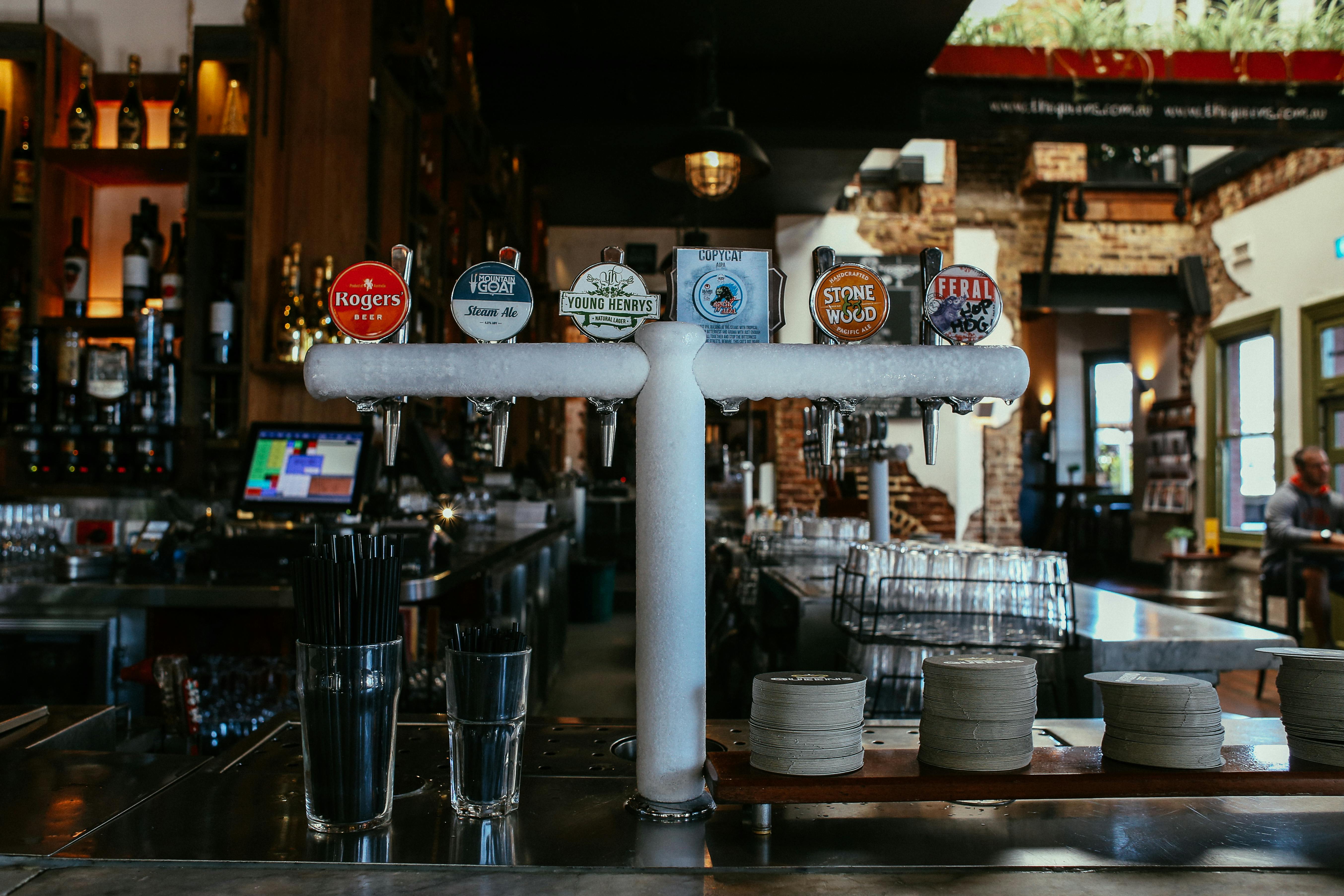Creative photography is an open field for all people. Honestly speaking, there is no simple definition of the term, as a good number of people think that a creative photo is something abstract and out of focus. Others just think the term “creative” is just a fun way to praise a bad photo in general. But what would be the next best thing that can define creative photography for us? Some artists think of creative photography as containing additional elements that are used to creatively enhance the original version of the photo.
If you noticed, that definition has two very important aspects that make a big difference between a creative photo and an everyday photo:
additional elements, which are mostly outside of the regular process of taking a photo and have a lot of room for interpretation. Creative minds always include some kind of simplistic workflow in photos, and they can be as simple or as complex as you like. The main goal is simply to get the best out of a single photo.
Intention, or the intentional use of additional elements. When it comes to taking photos, photographers always lack that extra bit of creativity. That’s why getting a good camera exposure will never make a photo look or feel creative. But the intentional underexposure in order to get a darker image adds an extra touch of creativity.
By capturing a well-exposed image of anything, no artist will regard it as a creative display. If you’re wondering why, you should know that it’s because nothing outside of your normal photographic workflow was used to take the image. No matter how good your location, lighting, time, and all other real-life factors are, you can’t bring out the colors and other details in an image without good post-processing skills.
Once you compare an unstylized photo to something taken under strong lighting, shallow DOF, and the rule of thirds, you can create an image that will have your audience dreaming of what your image shows. With that approach to photography, not every artist will admit that their work has a creative edge, but when you take the definition highlighted above, the extra elements and intent can be nature itself.
Of course, people will always differentiate between creative and non-creative photography, but just like art, there is no pattern that directs you either way. There is no definitive answer to what makes a photographer creative because, unlike the technical side of photography, which has a clearly defined workflow, the creative side does not. That is the most challenging and exciting part of creative photography, and that is also why people think that learning photography is something they spend their whole lives doing. While you may gain insight from the technical side of photography, it is the creative side that will require you to always look for new ways to achieve your goals.
The unfortunate thing is that hardly anyone can give you a direct workflow on creativity. The only two things she can work on are careful observation and out-of-the-box thinking. These two methods are absolutely mandatory for capturing creative photos.
Best practices for capturing a creative touch-ready image include improving the composition of the frame by removing all distracting elements around it (such as trees or buildings). The final result, of course, will look dull and boring, even though there are no technical errors in the image. It can take as little as a wave of the sea for an image to look stunning, and it’s a completely natural occurrence.
